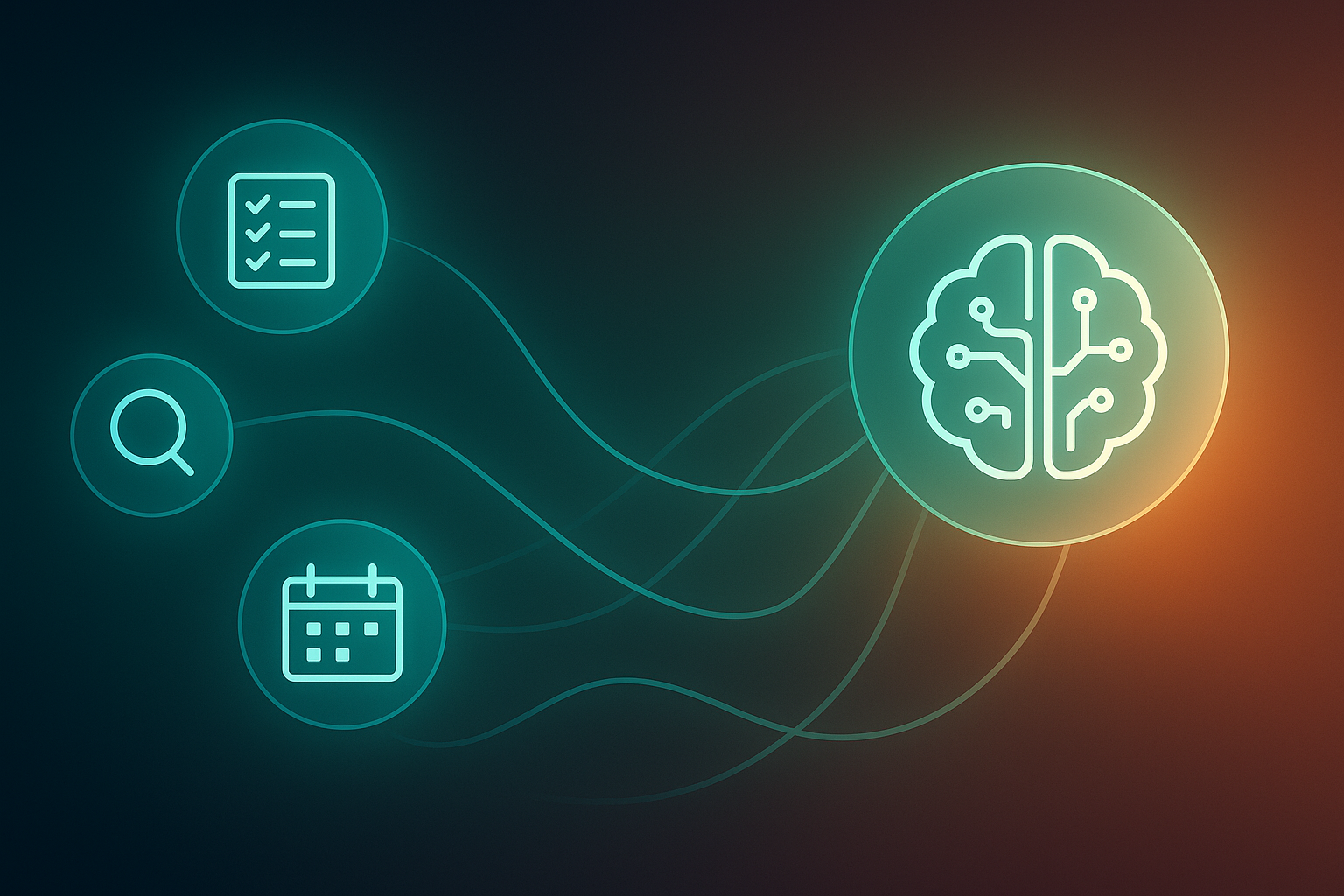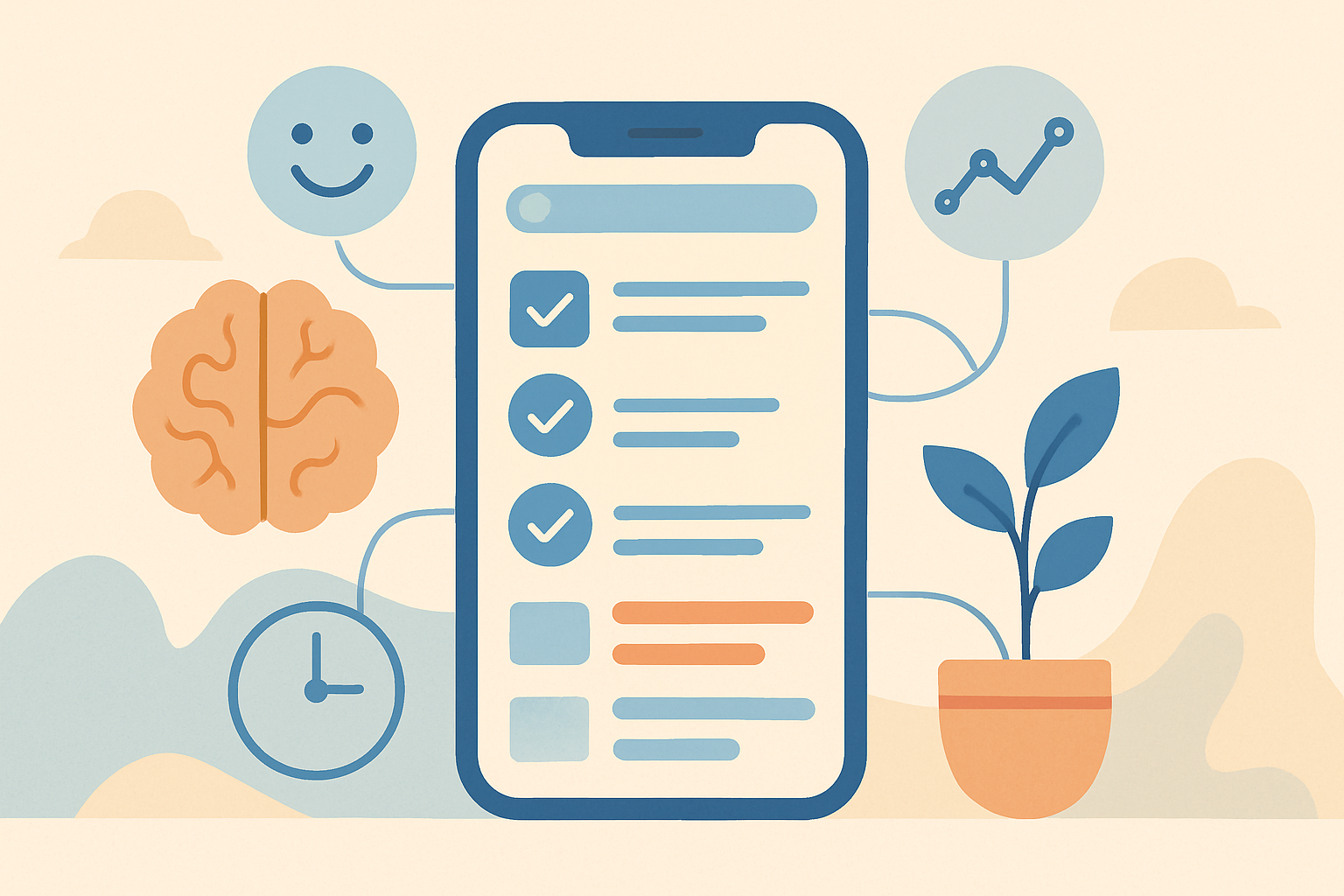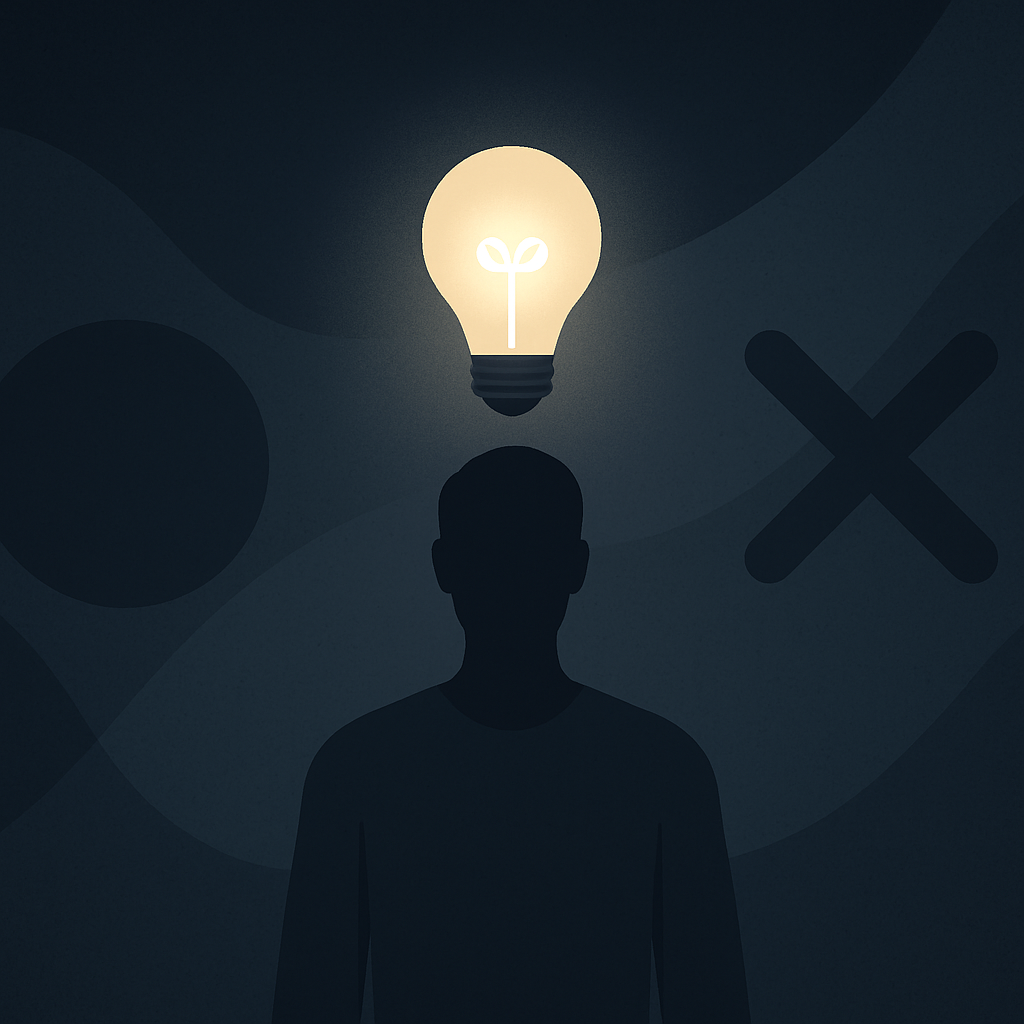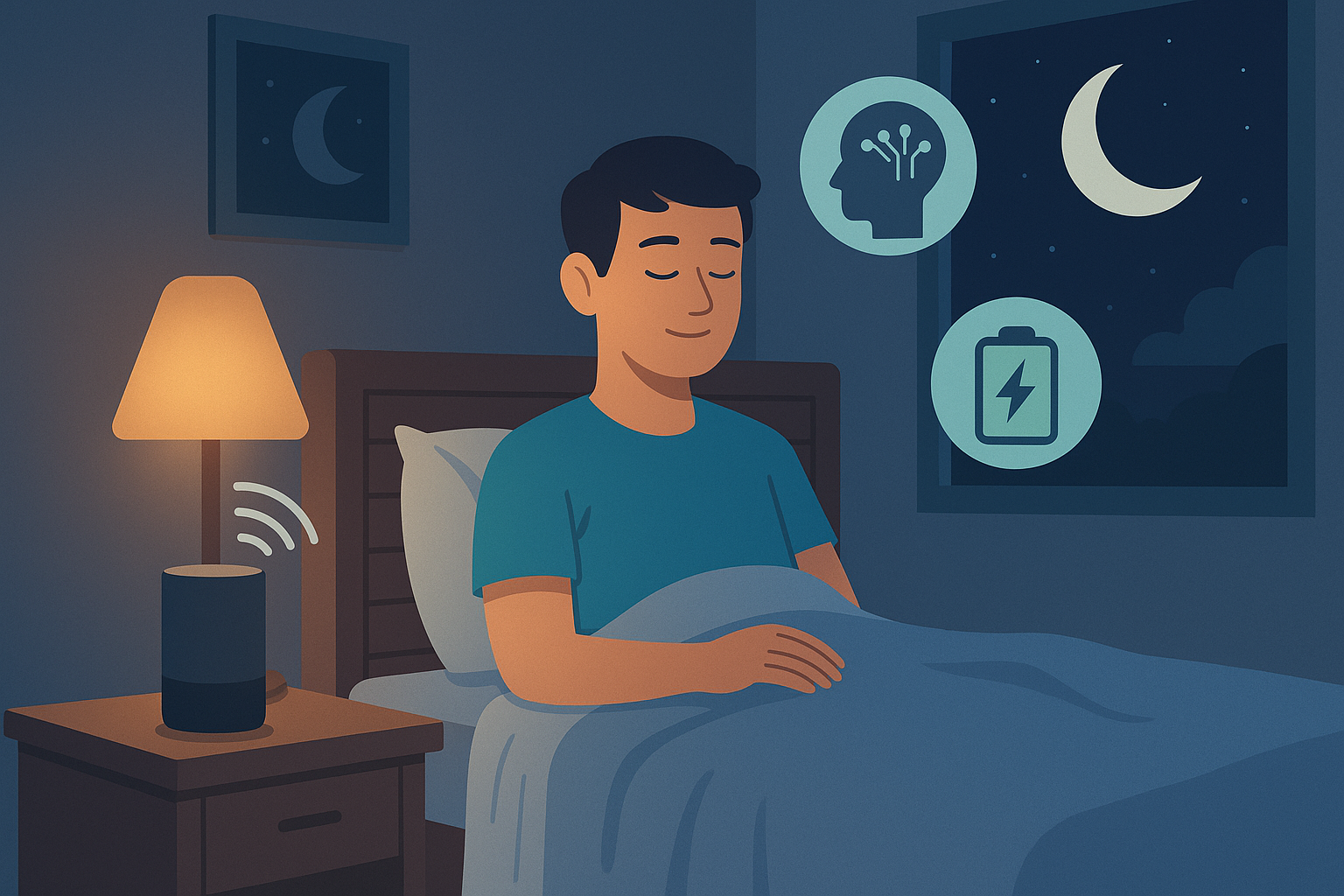AI Productivity Apps. Time is the new currency of performance,
In 2025, the most valuable skill isn’t multitasking — it’s intelligent delegation.
That’s where AI productivity apps come in.
They no longer just assist with small tasks; they automate entire processes — managing workflows, writing, scheduling, and even thinking ahead of you.
Whether you’re an entrepreneur, freelancer, or part of a growing remote team, these tools don’t just make you faster — they make you smarter.

Why AI Productivity Apps Matter
Traditional productivity tools help you organize.
AI productivity apps help you optimize.
They analyze behavior, predict needs, and eliminate the invisible friction that slows down your day.
From writing and note-taking to scheduling and creative ideation, AI now plays the role of an intelligent co-worker — one that never gets tired or distracted.
The result?
More output, less overwhelm.
When used correctly, these apps can save up to 10 hours per week, turning chaos into flow and efficiency into habit.
The Rise of Intelligent AI Productivity Apps
What separates AI productivity apps from ordinary software is their ability to understand context.
They don’t just follow rules; they learn your patterns.
Over time, they adapt — predicting when you’re most productive, what type of tasks drain you, and how to reorganize your day for maximum performance.
For example:
- Reclaim AI automatically blocks focus sessions around your energy peaks.
- Notion AI summarizes complex notes into clean action plans.
- Motion dynamically rearranges your daily schedule when unexpected meetings arise.
Each tool acts as a cognitive extension — a second brain optimized for efficiency.
How AI Productivity Apps Save Hours
Instead of switching between multiple platforms or manually updating lists, these apps act as integrated systems.
They synchronize across calendars, project boards, and communication tools to keep you in a continuous flow.
Example Workflow:
- You draft ideas in Notion AI → it structures them into a project outline.
- ClickUp AI transforms that outline into assigned tasks with due dates.
- Reclaim AI automatically schedules those tasks into your calendar.
- Zapier + AI sends progress updates to Slack automatically.
No copy-pasting. No micromanagement. Just seamless execution.
| Task Type | AI App | Function | Average Time Saved |
|---|---|---|---|
| Writing & Ideation | Notion AI | Summarizes, structures ideas | 2–3 hours/day |
| Scheduling | Reclaim AI | Time blocking, calendar sync | 1 hour/day |
| Project Management | ClickUp AI | Task creation, updates | 2 hours/week |
| Workflow Automation | Zapier + AI | Connects apps automatically | 3 hours/week |
| Data Search | Perplexity AI | Intelligent research | 30 mins/day |
On average, adopting even three of these tools can reduce manual workload by 25–35% weekly.
Real-World Example: The One-Day Optimization
Imagine a digital strategist working across clients, campaigns, and deadlines.
Here’s how AI productivity apps turn a chaotic schedule into a structured system:
Morning:
Motion reorganizes the day after detecting a last-minute meeting.
Reclaim AI keeps two deep-work blocks untouched — ensuring creative time stays sacred.
Midday:
Notion AI transforms brainstorming notes into a campaign outline.
ClickUp AI breaks it down into subtasks and sends auto-reminders to the team.
Afternoon:
Perplexity AI compiles real-time insights from the latest marketing reports.
Zapier updates metrics in Google Sheets and notifies Slack automatically.
At the end of the day, what used to take six fragmented hours now happens in less than three — with zero context switching.
That’s the essence of AI productivity apps: not speed for its own sake, but speed that creates clarity.
The Psychology of Smarter Work
AI tools don’t just optimize time — they improve mental load.
By removing low-value tasks, they reduce cognitive fatigue, allowing your brain to stay focused on deep, creative thinking.
When decisions become automatic, attention becomes intentional.
That’s why professionals using automation-based systems report up to 30% less mental exhaustion compared to manual planners.
AI productivity apps represent the shift from reactive work to designed flow.
It’s not about doing everything — it’s about doing the right things at the right time.
Table: Choosing the Right AI Productivity Apps
| Goal | Recommended AI App | Key Advantage |
|---|---|---|
| Writing & Content | Notion AI | Drafts, rewrites, and idea mapping |
| Scheduling & Focus | Reclaim AI | Protects time intelligently |
| Task Management | ClickUp AI | Smart assignments and summaries |
| Automation | Zapier + AI | Connects 5,000+ apps seamlessly |
| Research | Perplexity AI | Real-time knowledge engine |
| Reflection & Awareness | Mindsera | Tracks tone, clarity, and emotional balance |
Every app automates a layer of your cognitive process — together, they build the foundation for sustained performance.
The Future of AI Productivity
By 2026, AI productivity apps will evolve into unified ecosystems — systems that not only automate tasks but collaborate across them.
You’ll no longer tell AI what to do; it will already know.
Imagine your workflow like this:
Your AI assistant detects cognitive fatigue, delays non-urgent tasks, writes a recap of your morning meeting, and prepares your next presentation draft — before you even open your laptop.
This is proactive productivity — where technology thinks in your rhythm.
AI will soon handle not just output, but optimization — helping humans focus less on effort and more on meaning.
Why Human Intuition Still Matters
Despite automation, the human touch remains essential.
AI can streamline execution, but it’s your sense of judgment, emotion, and strategy that gives direction to the system.
Think of these apps as partners, not replacements.
They give you the time to be more human — to create, reflect, and innovate without being consumed by logistics.
That’s where the true value of AI productivity apps lies: turning digital noise into creative silence.
Conclusion
AI productivity apps are not shortcuts — they’re amplifiers.
They free your cognitive space, automate the trivial, and turn scattered effort into structured flow.
In 2025, productivity will no longer depend on effort alone but on architecture — the intelligent design of your digital ecosystem.
Once your tools learn how you think, your work stops being busy — and starts being brilliant.
Further Reading & Related Insights
Internal link:
- Inside My Ultimate AI Stack for Smarter Work — Learn how to connect your tools into a seamless AI-powered ecosystem.
External links:
Blog
This section provides an overview of the blog, showcasing a variety of articles, insights, and resources to inform and inspire readers.
-

AI Habit Tracking and the New Rhythm of Modern Self-Improvement
AI Habit Tracking. Progress used to depend on discipline. Now, it depends on data.…
-

AI Decision Making and the New Discipline of Intentional Living
AI Decision Making. Every “yes” has a cost. Every time you agree to something…
-

The Perfect AI Night Routine to Sleep Better and Think Smarter
AI Night Routine. Your morning doesn’t begin when you wake up — it begins…
